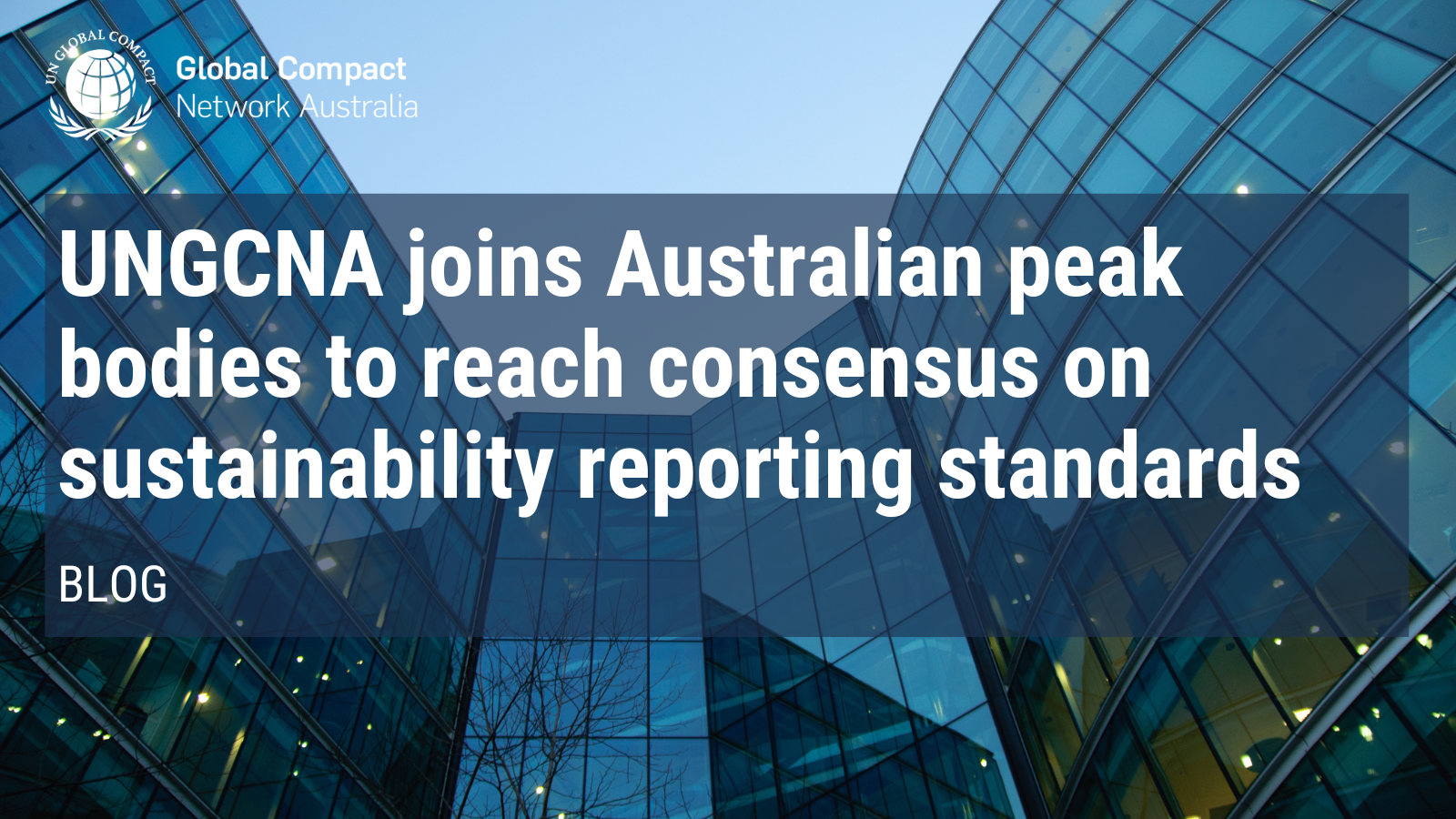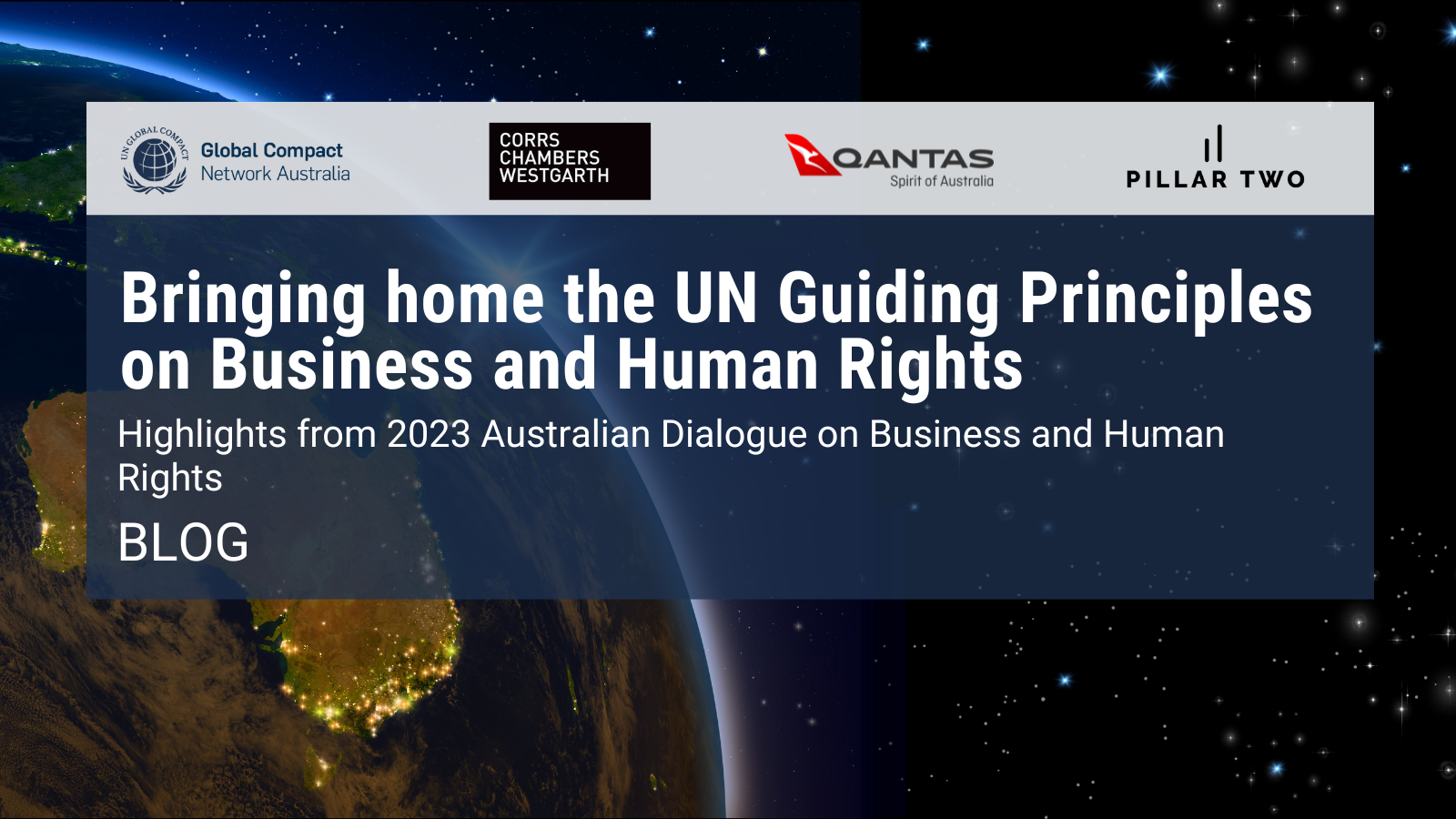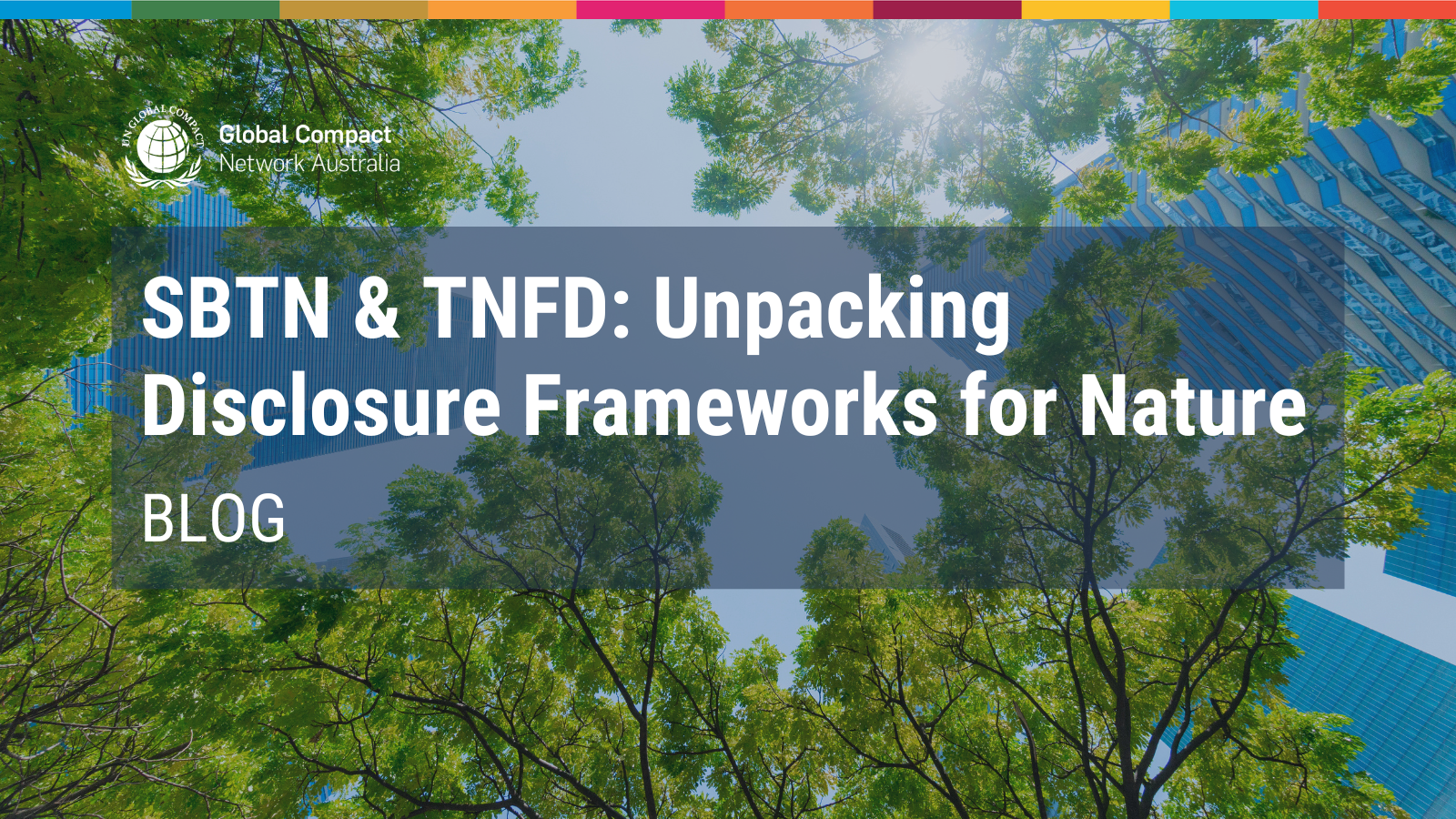
Blogs, Media, News, Environment & Climate Change, Featured
BLOG | Keeping 1.5C Alive: How can businesses respond to IPCC’s Sixth Reporting Cycle?
Sarah Day | April 5, 2022
The Intergovernmental Panel on Climate Change (IPCC)’s recent findings have been described as an “atlas of human suffering and damning indictment of failed climate leadership” by the United Nations Secretary-General António Guterres.[1]
The Sixth Reporting Cycle (AR6) of the IPCC provides a comprehensive review of the latest climate change science. The three reports released under AR6 reinforce that the window of opportunity to secure a sustainable future for all is rapidly closing.
Unless global action on climate adaptation and mitigation commences immediately, we will lock ourselves into a set of climate scenarios that will have a deeply devastating impact to communities, businesses, the planet, and future generations.
The final report released overnight from the IPCC’s Working Group III (WGIII) shows what is needed from business and government to mitigate the worst impacts of climate change. “It’s now or never, if we want to limit global warming to 1.5°C,” said WGIII Co-Chair Jim Skea. “Without immediate and deep emissions reductions across all sectors, it will be impossible.”[2]
What can businesses do to keep 1.5°C alive?
Businesses have a key role to play in the climate transition, however to “unlock” ourselves from the current trajectory of breaching the 1.5°C pathway, we must act immediately.
In response to IPCC’s findings, UNGCNA recommends four key actions for business.
1. Set net-zero and interim emissions targets and follow through with meaningful action: The IPCC’s findings show that, without urgent action from businesses, government, and society, global warming will likely rise to 1.5°C or more by 2040. This will lead to an increase in frequency and severity of natural disasters and weather events. In Australia, floods are the most expensive extreme weather event, accounting for 29% of economic damages over the past decade.[3] The recent flooding emergency in southeast Queensland is expected to wipe $1 billion from the Gross State Product between 2021-22.[4] In addition to being an environmental issue, climate change will have economic ramifications, and businesses will pay the price. Setting credible and independently validated short- and long-term emission reduction targets through the Science-Based Target initiative (SBTi) is a crucial step that businesses must take. Equally as important, businesses also need to develop a defined and transparent roadmap that clearly outlines how the targets will be achieved. This includes embedding climate risks into decision-making, liaising with relevant stakeholders, and abstaining from fossil fuel investments that are inconsistent with the goals of the Paris Agreement.
2. Set and implement human rights due diligence processes: The IPCC’s second AR6 report reinforces the inseparable link between the climate crisis and the risk of severe impact to people. The report highlights that a changing climate will exacerbate existing inequalities for women and children, those in low-lying coastal areas, and Indigenous communities, especially those with a strong connection to Country or reliance on the ecosystem for sustenance.[5] As per the United Nations Guiding Principles on Business and Human Rights (UNGPs), businesses have an obligation to respect, avoid infringing on, and address adverse human rights impacts with which they are involved.6 Businesses should take a human rights-based approach to climate change mitigation and implement due diligence processes that measure risk to people and identify human rights impacts. [7] Businesses should adopt the principles of a Just Transition, and support vulnerable workers, communities, and regions in carbon-intensive economies. Due diligence processes should incorporate the potentially heightened risks to vulnerable communities and include meaningful consultation with stakeholders on how actual or potential climate-related human rights may be impacted, particularly within business supply chains.[8].
3. Invest in low-emissions technologies: The IPCC’s third and final contribution to AR6 provides a pathway for the mitigation efforts needed to keep 1.5°C within reach. The report provides a clear statement on the immediate action needed from investors, businesses, and policymakers. This action includes rapidly electrifying the energy system, and transitioning power generation towards renewables and away from the continued installation of unabated fossil fuel infrastructure, which would “lock-in” emissions in the energy sector.[9] Decarbonisation of the transport, real estate, industry, and agriculture sectors are also imperative. The development and uptake of low-emissions technology at scale will be crucial in achieving the emissions reductions needed across these sectors. Examples of these solutions include new production processes that minimise resource use and waste, low and zero emissions electricity (including emerging options like hydrogen), and digital technologies and data. Financial flows must be directed towards the continued development of innovative solutions.[10] Appropriate governance is also essential at a policy level to minimise any negative impacts associated with developing technology, such as increasing electronic waste and impacts on labour markets.
4. Work with government to improve climate policy: The findings show that businesses and governments need to support broad and rapid mitigation efforts across almost every sector of the economy. Well-designed national policies that support innovation and technology uptake can facilitate stronger mitigation and adaptation efforts across both the public and private sectors. Without more ambitious national policies, the IPCC projects that an increase in global greenhouse gas emissions beyond 2025 will lead to a median temperature increase of 3.2°C by 2100.[11] Policy should also encourage greater alignment of financial flows with the goals of the Paris Agreement. According to the IPCC, “public and private finance flows for fossil fuels are still greater than those for climate adaptation and mitigation”.[12] Businesses and investors have an opportunity to influence the direction of capital and work with government to improve policy outcomes.
We have a small window to achieve a 1.5°C future, but we must act now.
The UN Global Compact Network Australia will be running the Climate Ambition Accelerator from May to October this year. This accelerator is a six-month programme designed to support businesses in achieving net-zero emissions by 2050.
Contributors: Corinne Schoch, Chris Caskey, Joud Ghassali, Sophia Biantara
[1] United Nations (UN), “Antonio Guterres UN Secretary-General to the press conference launch of IPCC report”, 28 February 2022,
[2] Intergovernmental Panel on Climate Change (IPCC), “Press release”, 4 April 2022,
[3] Climate Council, A Supercharged Climate: Rain Bombs, Flash Flooding and Destruction. (Australia: Climate Council of Australia Limited, 2022).
[4] The Queensland Cabinet and Ministerial Directory, “Rain bomb to cost Queensland billions”, 7 March 2022
[5] IPCC, “Summary for Policymakers,” in Climate Change 2022: Impacts, Adaptation and Vulnerability. Contribution of Working Group II to the Sixth Assessment Report of the Intergovernmental Panel on Climate Change (Cambridge University Press, 2022).
[6] UN, Guiding Principles for Business and Human Rights: Implementing the United Nations “Protect, Respect and Remedy Framework”, (New York and Geneva: UN, 2011).
[7] Business and Human Rights Resource Centre, “Climate Justice”, 2022,
[8] International Organisation of Employees (IOE), Climate Change and the Human Rights Implications for Businesses (Geneva: IOE, 2021).
[9] IPCC, “Summary for Policymakers,” in Climate Change 2022: Mitigation of Climate Change. Contribution of Working Group III to the Sixth Assessment Report of the Intergovernmental Panel on Climate Change (Geneva: Cambridge University Press, 2022), 36.
[10] IPCC, “Summary for Policymakers”.
[11] IPCC, “Summary for Policymakers”.
[12] IPCC, “Summary for Policymakers,” 15.




